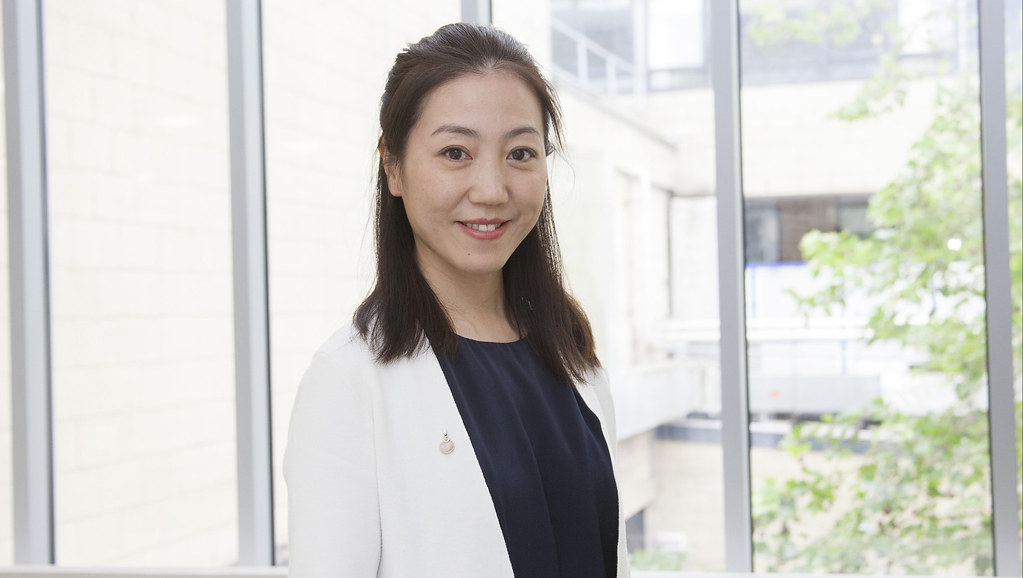The winner of the 2019 Ede and Ravenscroft postdoctoral research staff was Dr Mi Tian, research associate in the Department of Chemical Engineering.
The Ede and Ravenscroft Prize for most outstanding performance by a member of postdoctoral research staff in the delivery of their duties is a new award. It was established by Senate in February 2019 and is funded by Ede and Ravenscroft.
The title of Mi’s presentation was ‘Pores for Thought, Engineering Porous Materials for Sustainable Energy’. In her talk, Mi explored the context and significance of the energy challenge facing us, outlining issues relating to the use and storage of hydrogen and the significance of her research for energy storage at national grid level, avoiding carbon emission, and improving energy safety and security, thus moving us towards a greener future. The highlights of her research include using advanced neutron scattering technique to identify solid-like hydrogen inside pores at practical conditions, and development of composite membranes for enhanced hydrogen storage properties based on the neutron study.
The Committee, which was chaired by Professor Jonathan Knight, agreed that Mi was an enthusiastic presenter who had explained her research clearly, displayed a range of competencies and provided good responses to questions. The Committee based their decision on both Mi’s presentation and the more detailed account of her research in the nomination paper.
After receiving the award, Mi said:
It's a true honour to win the prize and a huge encouragement for me to pursue what I have been working on. This prize competition was a great experience and the prize money will support my registration and travel expenses for the Gordon Research Conference in Hydrogen-Metal Systems in Spain. If I wasn’t granted the Prize, I wouldn’t be able to afford the conference. It means a lot to me!
Research presentations
The Committee was pleased to be able to invite four postdoctoral research staff from a range of disciplines and research projects to present their work. The quality of research was agreed to be of a very high standard. The Committee enjoyed all the presentations and welcomed the questions and comments of the audience.
The other finalists were:
- Elena Morgado, Chemical Engineering, Faculty of Engineering & Design - presentation title: 'How £2 electrochemical sensors help challenging environmental and health problems around the world'
- James Dawson, Chemistry, Faculty of Science - presentation title: 'A solid route to building better batteries'
- Paul Hanel, Psychology, Faculty of Humanities & Social Sciences - presentation title: 'Similarities between groups of people are large and important'

